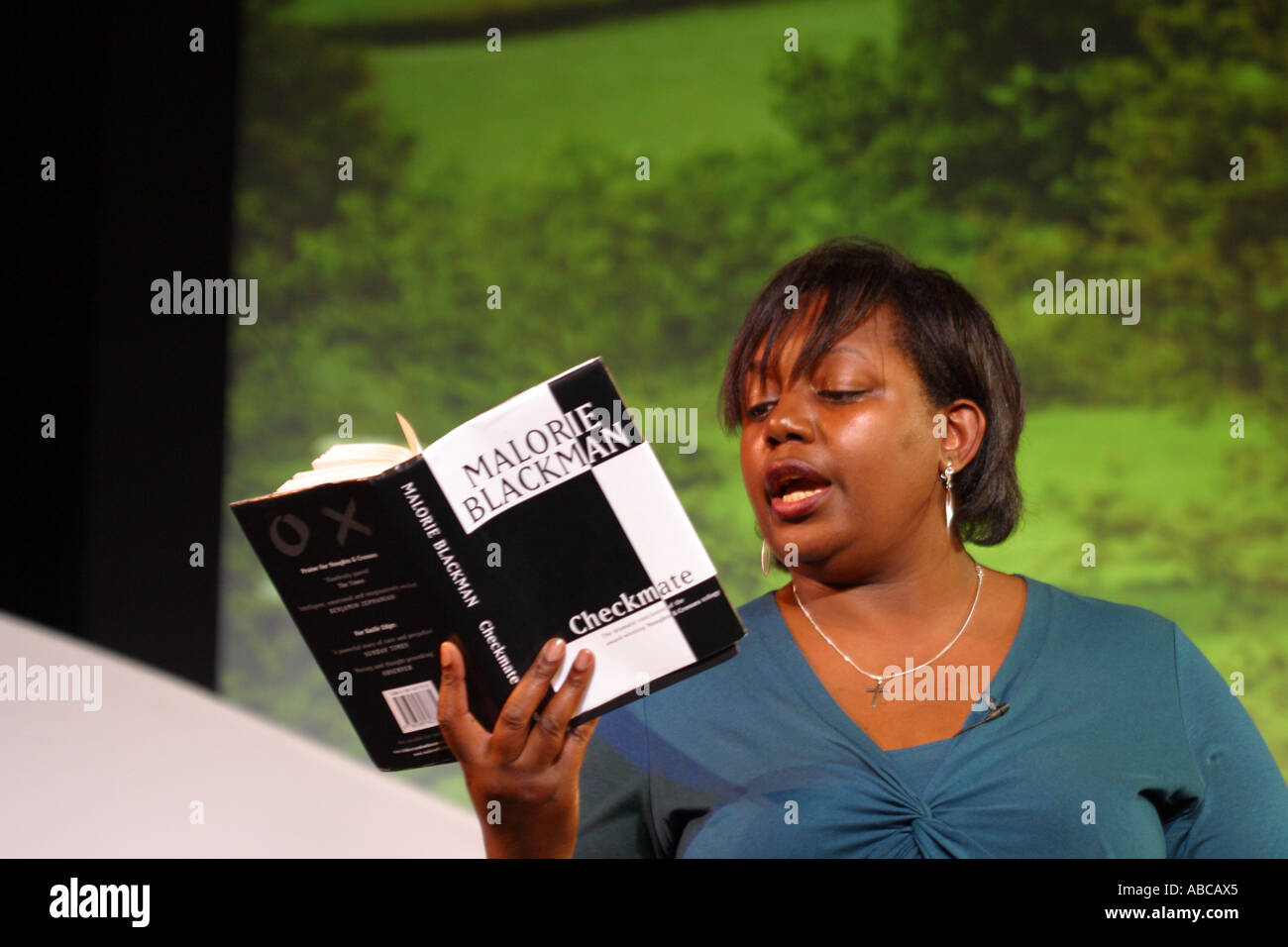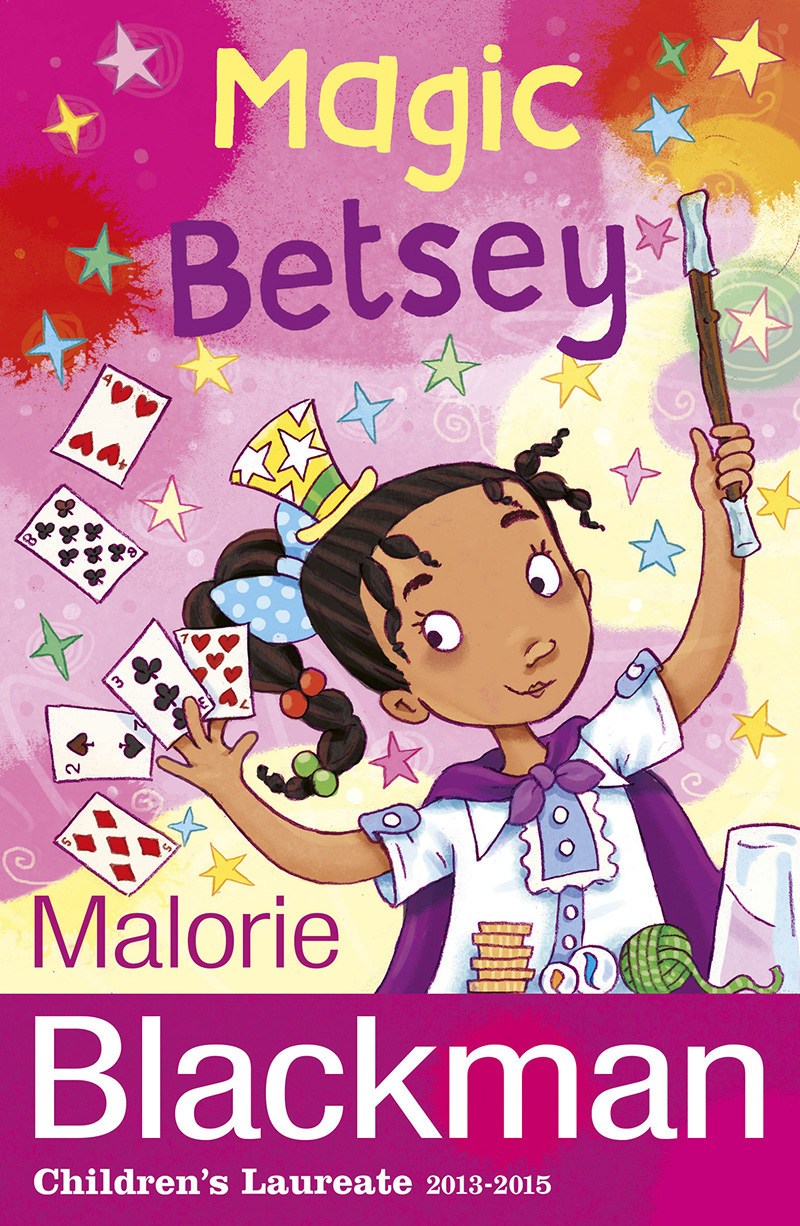

Why did Malorie Blackman call it noughts and crosses? This is also a great play, and can be interpreted in many ways. The story revolves around the fraught love affair between Sephy and Callum, a black girl and a white boy. In this setting, Malorie not only explores the theme of race but also of love and violence. Whites, known as ‘noughts’ (note the lower case ‘n’), are second-class citizens with low-paid, menial jobs, and are afforded few rights. This tale is set in a fictional dystopian world, where black people – called Crosses – are the ruling class. Noughts and CrossesĪnd so, Noughts & Crosses was born. By this time she felt she had a comfortable platform and respect enough within the world of writing (as well as television) to contribute positively to a difficult subject. High profile cases such as the horrific murder of Stephen Lawrence, as well as her own negative personal experiences, made her consider the issue of race.

This strategy worked well, but several events spurred her to tackle the subject head-on sometime later. The main focus was on the plot, not on the race of the characters involved.

Malorie made a point of avoiding situations where she would be part of an editors ‘multicultural’ list of writers and works. She fought this, insisting that, although the majority of her characters were black, she wanted to simply present them as they were, without any particular emphasis on their race or color. Malorie Blackman early writing careerĮarly in her writing career, Malorie sensed that publishers were keen to focus on the fact that she was a black writer (both her parents were from Barbados). She has also written several scripts for the popular British TV shows Dr. Not only have Malorie’s books proved hugely popular amongst children of all ages, but several of her works have been adapted for television, radio, and the stage. Thankfully for the world of children’s literature, she decided to write and publish a book of short stories entitled ‘Not So Stupid!’, and since then, as they say, she has never looked back.

However, on leaving Thames Polytechnic (renamed Greenwich University in 1992) with an HNC qualification in Computer Science, she began a career in systems programming. From her home in Clapham, London, she attended school with the hope of becoming an English teacher. Like so many others, Malorie found that her life took a different direction to the one she had planned.


 0 kommentar(er)
0 kommentar(er)
